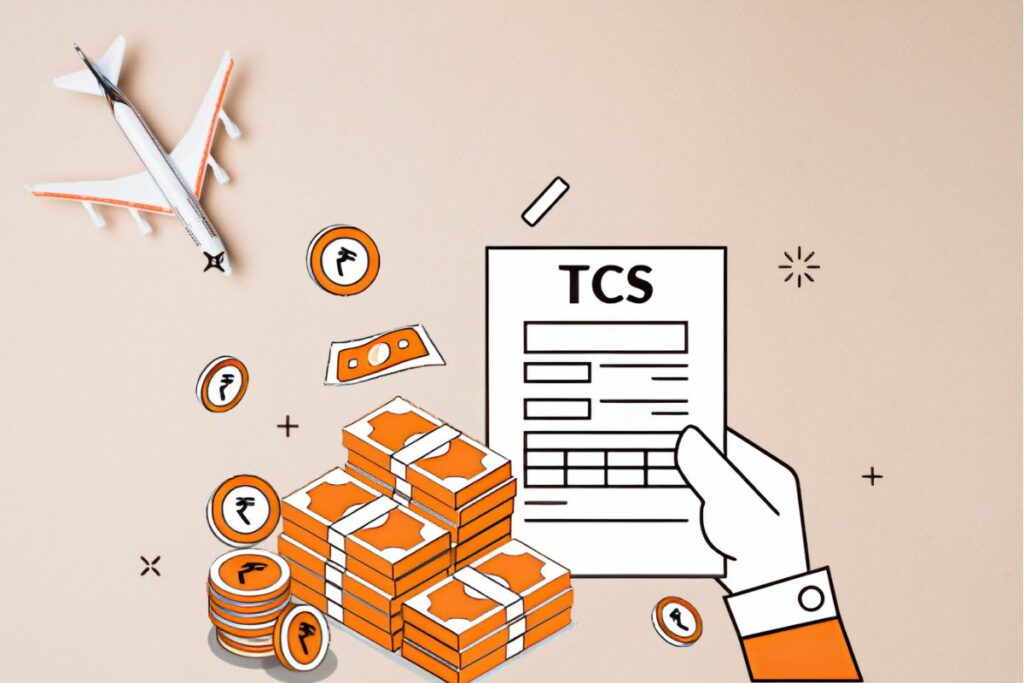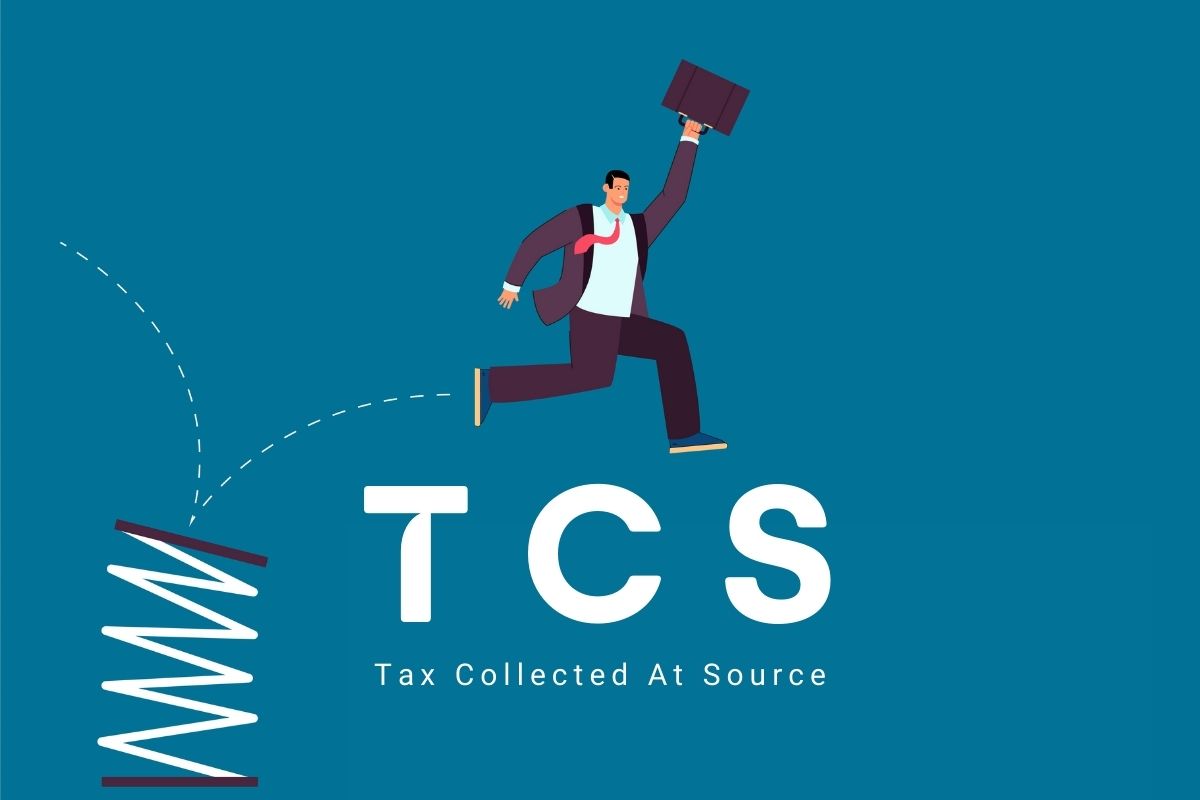Effective October 1, 2023, the Indian government has introduced new rules regarding Tax Collection at Source (TCS) on two key aspects: the Liberalised Remittance Scheme (LRS) and the purchase of overseas tour packages.
These changes are set to have significant implications for individuals engaging in international transactions.
What is TCS?
Tax Collected at Source (TCS) is a tax levied by the Indian government on certain transactions at the time of receipt. It is an indirect tax where the responsibility for collecting the tax is imposed on the seller or service provider, who collects the tax amount from the buyer or service recipient and remits it to the government.
Restored Threshold for TCS on LRS Payments
One of the noteworthy changes is the restoration of the threshold of ₹7 lakhs per financial year per individual for TCS on all categories of LRS payments, irrespective of the purpose.
In this article, we delve into the intricacies of these new TCS regulations and their impact on financing education and purchasing international travel packages.
TCS on Remittances for Education
According to a notification issued by the Central government on June 30, 2023, remittances for education now encompass various expenses, such as:
- Purchase of Student Tickets: This includes expenses related to travel between India and the country where the student is pursuing education.
- Tuition and Institute Fees: Payments made to educational institutions for tuition and other fees.
- Day-to-Day Expenses: Covering costs like food, accommodation, local transport, health services, and more.
For students making regular remittances for educational purposes, the impact of the TCS changes post-October 1 is expected to be minimal. However, students who engage in multiple transactions throughout the year to cover daily expenses may find the process cumbersome and costly.
To mitigate this, many students opt for Indian international cards like the Niyo Global card, which offers TCS exemptions up to an aggregate of ₹7 lakhs in a financial year and zero forex markup charges.
Impact of TCS on Students Planning to Study Abroad
| Nature of LRS Payment | Limit | Earlier Rate | New Rate (Effective October 1, 2023) |
|---|---|---|---|
| Education financed by a loan | Up to Rs 7 lakh | 0% | 0% |
| – | Above Rs 7 lakh | 0.50% | 0.50% |
| Education not financed by loan | Up to Rs 7 lakh | 0% | 0% |
| – | Above Rs 7 lakh | 5% | 5% |
| Personal expenses while studying abroad | Up to Rs 7 lakh | 0% | 0% |
| – | Above Rs 7 lakh | 5% | 20% |
Navigating the Changes: Solutions for Students and Parents
International education can be expensive, with most payments made on international portals incurring forex fees. To navigate these costs effectively, students can consider zero forex international cards that offer TCS exemptions within the ₹7 lakhs limit and come with zero forex markup charges.
For parents sending money abroad for their children’s education, it’s crucial to understand what falls under TCS. Keeping meticulous transaction records, using the correct LRS code, and categorizing transactions correctly during remittances is essential.
Additionally, individuals should be prepared to file for TCS in their Income Tax Returns (ITR) and keep track of the necessary forms and documents.
Impact of TCS on International Travel Packages

The new TCS rates, effective from October 1, 2023, affect the purchase of overseas tour packages as follows:
- Up to ₹7 lakhs per financial year (FY): A 5% TCS applies on both debit and forex cards.
- Above ₹7 lakhs per FY: The TCS rate remains at 5% for both debit and forex cards.
For other types of international spending, the TCS rates are as follows:
- Up to ₹7 lakhs per FY: A 0% TCS applies on both debit and forex cards.
- Above ₹7 lakhs per FY: The TCS rate increases to 20% for both debit and forex cards.
Must Read: How to Avoid 20% TCS on Overseas Tour Packages
Strategies to Minimize TCS Impact
To minimize the impact of TCS on international transactions, individuals have a few key options:
1. Utilize Zero Forex International Cards
These cards offer zero forex markup and can save you 3-5% on each international transaction, along with ATM withdrawal charges. If two PAN card holders from the same family travel together, they can split expenses and enjoy a cumulative limit of ₹14 lakhs exempt from TCS.
2. Credit Cards with Zero Forex Markup
While credit cards are exempted from LRS, not all credit cards offer zero forex markup. Be mindful of annual card charges, forex markup, and high interest on international ATM withdrawals when using credit cards. Moreover, obtaining a credit card may require a credit bureau score check, potentially affecting your credit score.
3. Prepaid Forex Cards
If you opt for a prepaid Forex card, you will need to pay a 20% TCS on transactions.
Final Words
In conclusion, understanding the new TCS rules is crucial for individuals involved in international education and travel. By choosing the right financial instruments and strategies, you can minimize the financial impact of these changes and make informed decisions for your international transactions.
Follow and connect with us on Facebook, Twitter, LinkedIn, Instagram and Google News for the latest travel news and updates!





